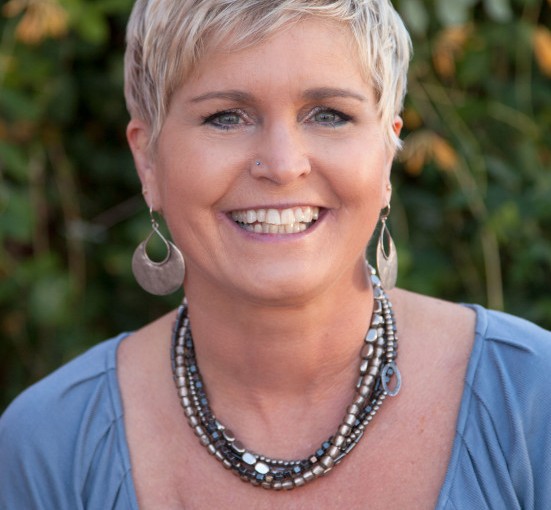Cancer has always been a constant in my family. Even at an early age, I’ve always known I was at risk: many uncles, aunts and 3 of my grandparents lost their lives to cancer. When a few cousins were diagnosed, my fears increased.
Hearing my family history, my doctors talked to me about understanding the hereditary factors, but I was resistant. My view was, “the history is there, let’s just assume I’m carrying a hereditary mutation.” I was doing all I could to mitigate my risks, improving my nutrition, continuing to exercise regularly, avoiding toxins, and just taking care of myself.
But then the big one hit. My older sister was diagnosed with stage IIIc ovarian cancer. Life as we knew it stopped. It had been hard enough grieve so many losses in our extended family, but once it hit us in the gut, we were thrust deep into the complexities, and struggles of cancer.
My sister was diagnosed with a late-stage reproductive cancer at age 47. In addition to struggling with my loved one fighting cancer, my own internal risk gauge switched into high gear.
Building a Community
From the very beginning, I realized we played the “telephone game” far too often. My sister would call my mom or me, then we’d call other relatives and friends; but by the time the last person in line got the update, facts would get polluted and often totally distorted.
“Communication is key,” I thought many times. And accurate communication was crucial. I began capturing and crafting messages, usually in semi-translated ways to convey complicated, intricate details.
At first, I e-mailed people, but I didn’t have contact information for everyone. Some would receive it instantly, others didn’t. Always wanting to improve on the process, I persisted until I stumbled on online options to help me reach my sister’s support system. Still, I often found myself frustrated by the limitations, especially by how to share with all the people who had to be informed.
I used her personal website predominantly once she entered hospice. Posting updates helped keep us sane instead of the overload of calls and messages. Once she passed and I began posting about her memorial service, the site took on a life of its own. More people than ever added comments: along with the heartache of grief, I wished I’d gotten it into the hands of so many loving people who could have commented and encouraged her while she was still alive.
I still visit her site 7 years later. Of course, it isn’t the only way I remember her, but I still find comfort to reread entries. Sometimes, I put a new update out there just about missing her.
Soon after my sister passed I received an invitation to an online support site through MyLifeLine.org from a colleague who was fighting stage IV colon cancer. I eagerly looked for her updates online to offer my encouragement, and I also learned about the other components the site had to offer:
- A Helping Calendar to respond to requests for help
- Her photo library
- Giving Angels to provide support directly to the patient
- Information about links to cancer-related information
To read this entire article by Conquer Magazine on The Clearity Portal, click here.


